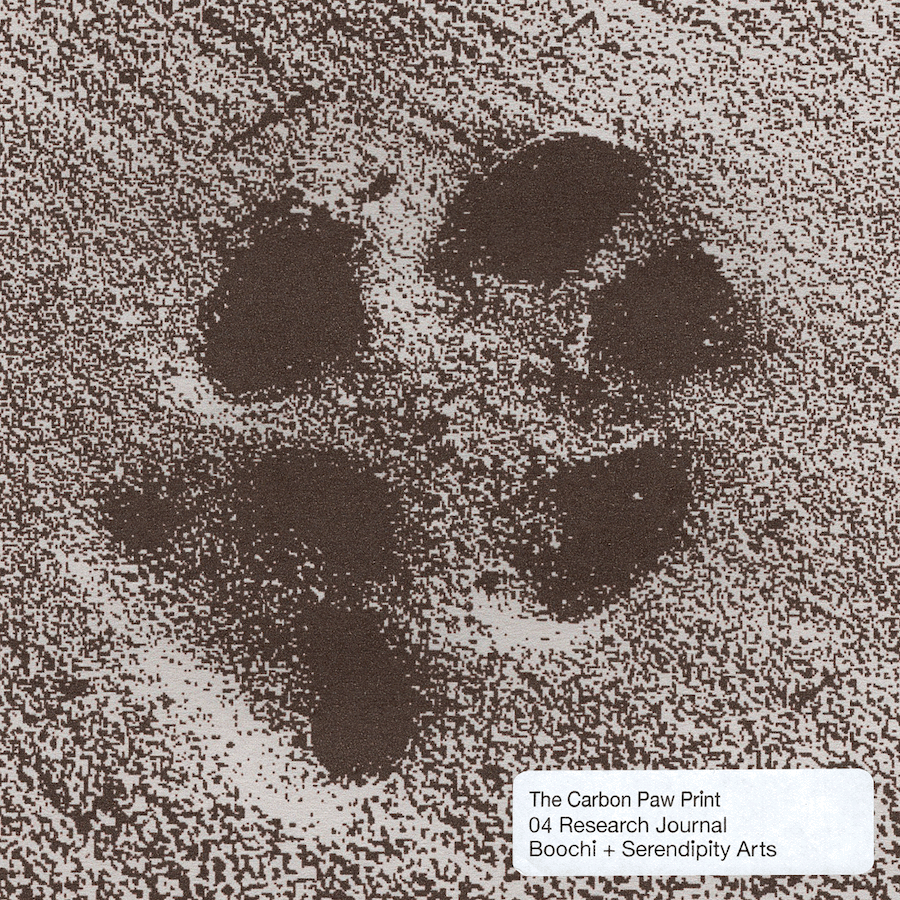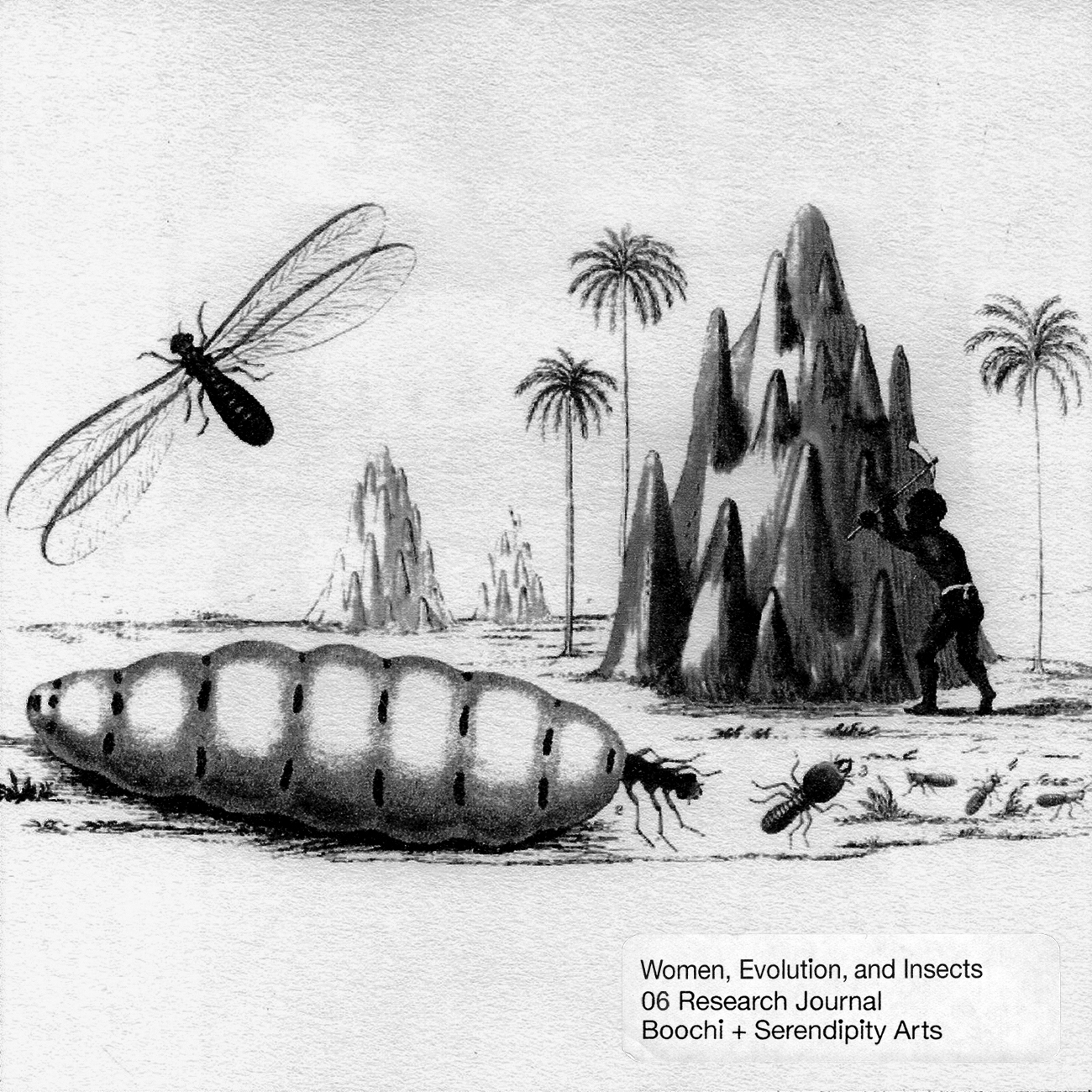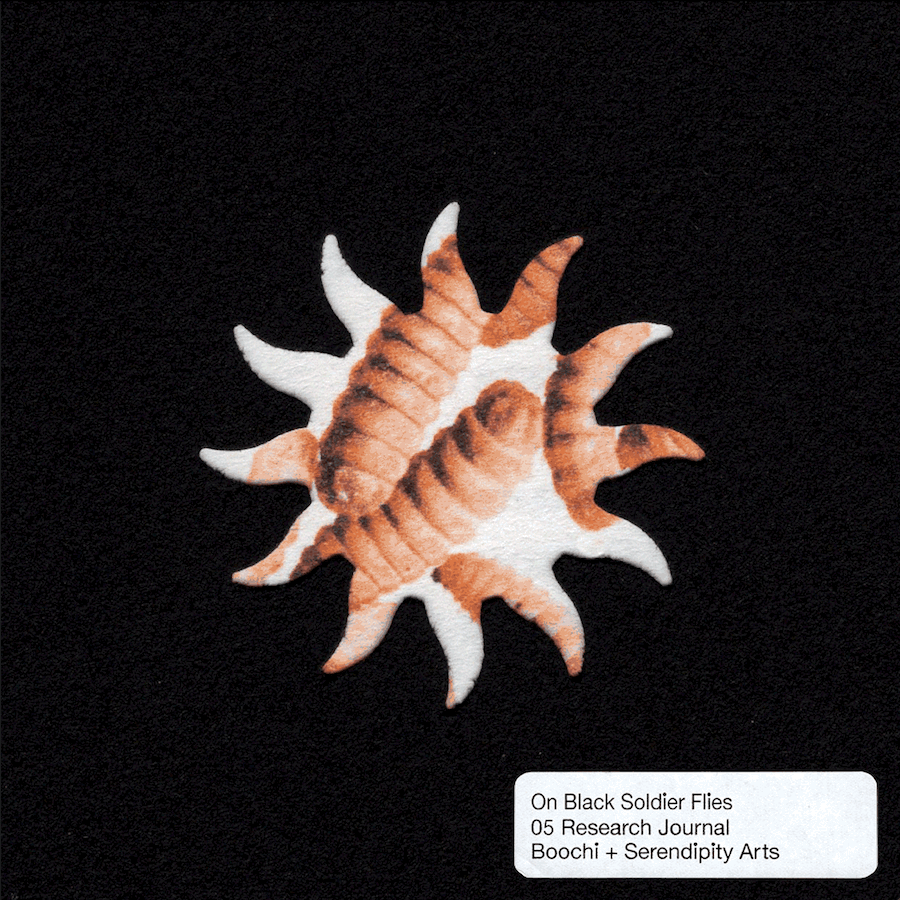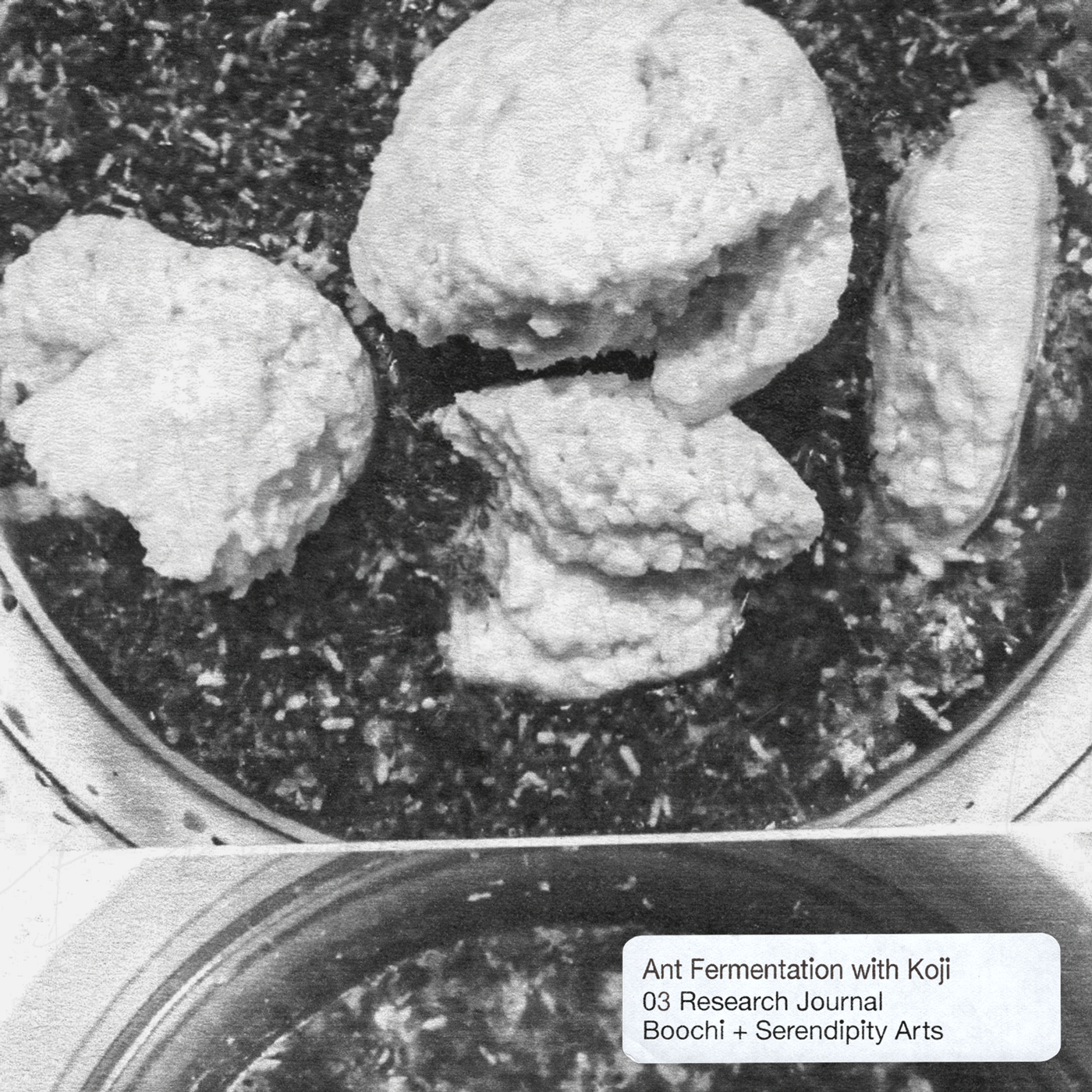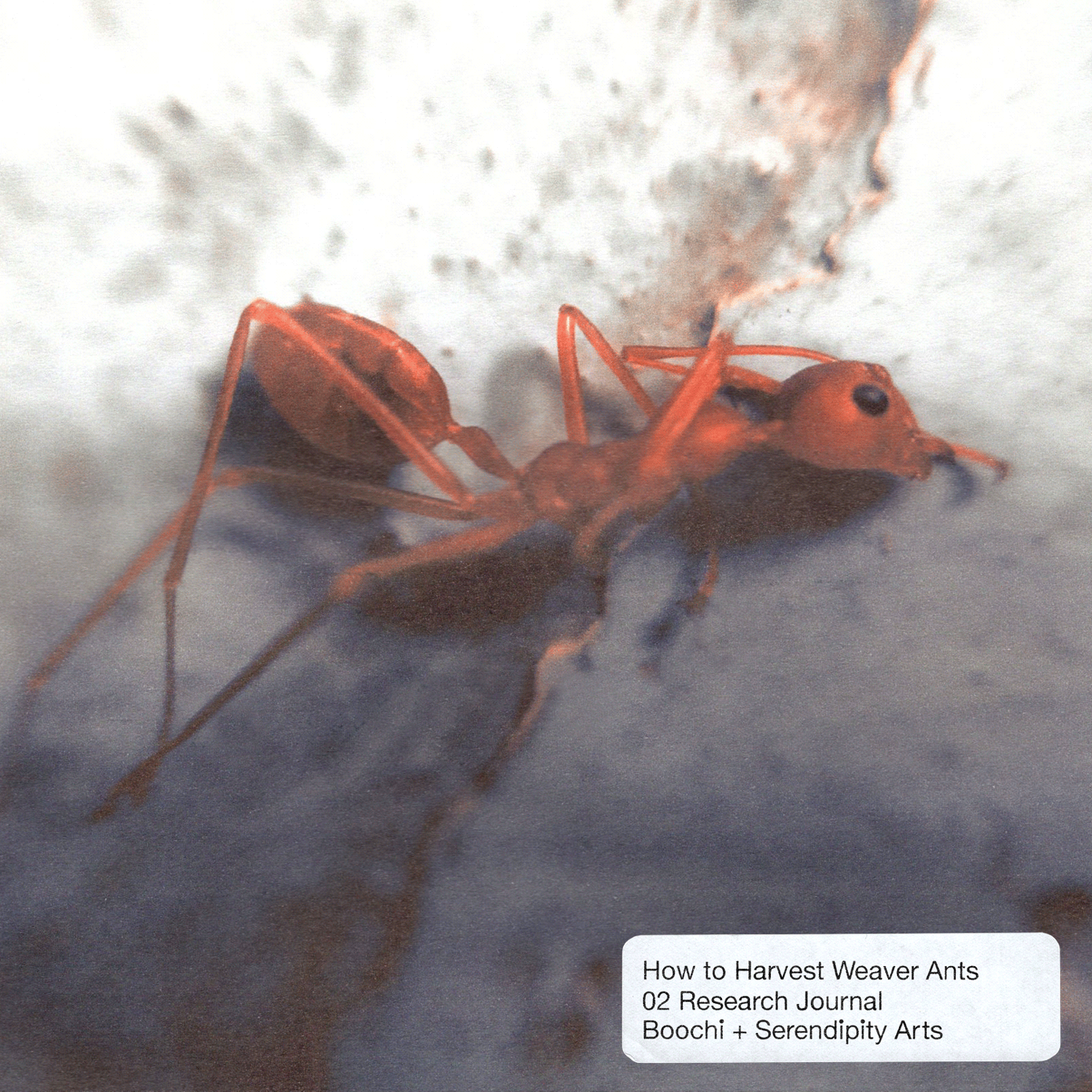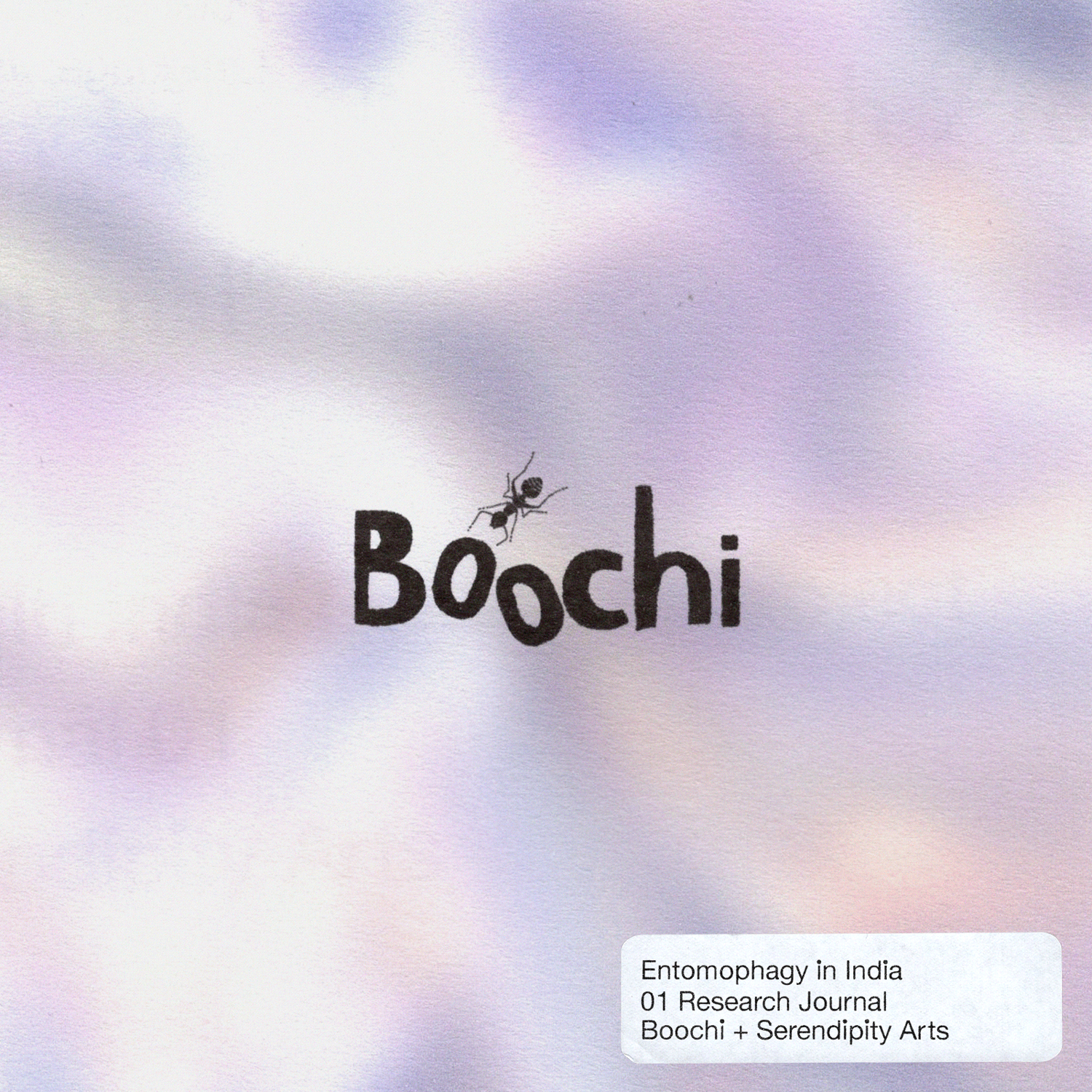I conducted a most statistically irrelevant poll on the Boochi Instagram page last week. I asked a grand total of my 345 followers whether they would feed their pets insect based pet food and 100% of the people who answered this question said that they would.
Could insects as pet food serve to combat climate change? I spent the week intermittently researching the subject from a global perspective, and this is some of what I found, with links to the source material should you want to read a bit more.
“Carbon Pawprint.”
I want to start by pointing out that there is nomenclature coined to support this conversation—this is definitely a thing.
- “A 2020 study by researchers in the UK and Germany found that the global pet-food market releases as much carbon dioxide into the atmosphere as the total emissions of the Philippines or Mozambique.” – BBC.
- “Pets are responsible for as much as a quarter of the damage associated with the meat industry. In the US alone that amounts to around 64 million tonnes of CO2 and methane—the same as 13.6 million cars! So reducing their environmental pawprint is essential to our planet’s future.” – Aardvark
- “You’ve got a food shortage, and people who are starving, and then you’ve got a waste problem at the same time. So I started looking at how we can rebalance that,” said Dean Smorenberg, who began farming black soldier flies in his bathroom in 2016 before entering the business full-time. The fly larvae feed on waste food products – in this case mainly spent grains from a nearby brewery – turning it into marketable protein and producing a fertiliser by-product. The process consumes significantly less water and land than other types of protein production and is far less carbon intensive. Rather than looking to directly challenge the massive global soy or fishmeal industries, which currently provide much of the world’s affordable protein, Maltento is looking to offer products that supplement a pet food’s flavour or nutritional properties.” – BBC
- “Researchers at the University of Edinburgh estimate that it takes an area twice the size of the UK to produce the dry food eaten by the world’s cats and dogs.” – The Print
- “Since a ban on processed animal protein was imposed in 2001 in the wake of the “mad cow” crisis, soy and fishmeal have become the bedrock of animal feed in Europe. But their production needs lots of space and can be harmful to the environment, so feed manufacturers are looking for alternatives. Insects are just the ticket. They are reared in vertical farms that require little land or water, and they can be fed on agricultural by-products or food waste such as rotting fruit and vegetables. They’re also a natural fit. Most wild fish, birds and pigs eat insects.” – The Economist
- “The Black Soldier Fly (BSF) Market is expected to reach $3.4 billion by 2030, at a CAGR of 34.7% during the forecast period of 2021 to 2030. The growth of this market is mainly attributed to the growing global demand for animal products, growing aquaculture industry, increasing demand from the animal feed industry for alternative proteins, and increasing government approvals of insect meal in livestock feed” – Meticulous Market Research
- “According to FAO, 1.2 to 1.6 million tons of raw materials for fish feed will be required in 2025 as an alternative to fish meal. Owing to this opportunity, the small but growing insect farming sector has captured major attention, investments, and strategic developments in developed countries by some heavyweights in the animal feed business.” – Meticulous Market Research
- “Ynsect, a 10-year-old French company, is focused on mealworms, the larval stage of beetles. One big advantage of mealworms, aside from their neutral taste and high degree of digestibility, is that they don’t fly or jump, which means it requires a lot less space to grow and process them compared with more mobile insects. One of Europe’s best-funded insect-farming companies (it has raised over $400 million), Ynsect currently has one highly automated vertical farm in France and plans to open a far larger production facility in the country next year.” – TIME
- “We source our black soldier fly larvae from Protix, based in The Netherlands,” a Mars Petcare representative wrote in an email. “The insects we use and the process that the insects and the petfood are passed through are all designed to produce a safe and nutritious feed for your cat. Protix takes great care and responsibility to improve animal welfare. This starts from the breeding stage to the final stage of processing, the larvae are well-cared, protected and allowed to express normal insect behaviour. Protix is committed to principles of animal welfare: Freedom from hunger and thirst, Freedom from discomfort, Freedom from pain, injury or disease, Freedom to express normal behaviour, Freedom from fear and distress.”
If insects really are the future of food, and we open our minds to alternative proteins and solutions, it is entirely possible that we might be able to curb climate change, even if it is one pawprint at a time. Would you feed your pet insects? I’m going to ask the question to my Instagram audience again, just to see what the statistically irrelevant numbers show me from time to time.
Boochi and its learnings have been initiated at and facilitated by the Serendipity Arts Residency Food Lab.
